2021 began with the promise of change. The year wasn’t even a month old when it became clear that many Trump-era attacks on civil liberties lived on, and that we would continue to fight attacks on abortion rights, anti-trans discrimination, systemic racism, and much more. As we close out yet another unprecedented year, we look back at some defining moments that show how far we have come and what lies ahead amidst a rapidly changing world.
January
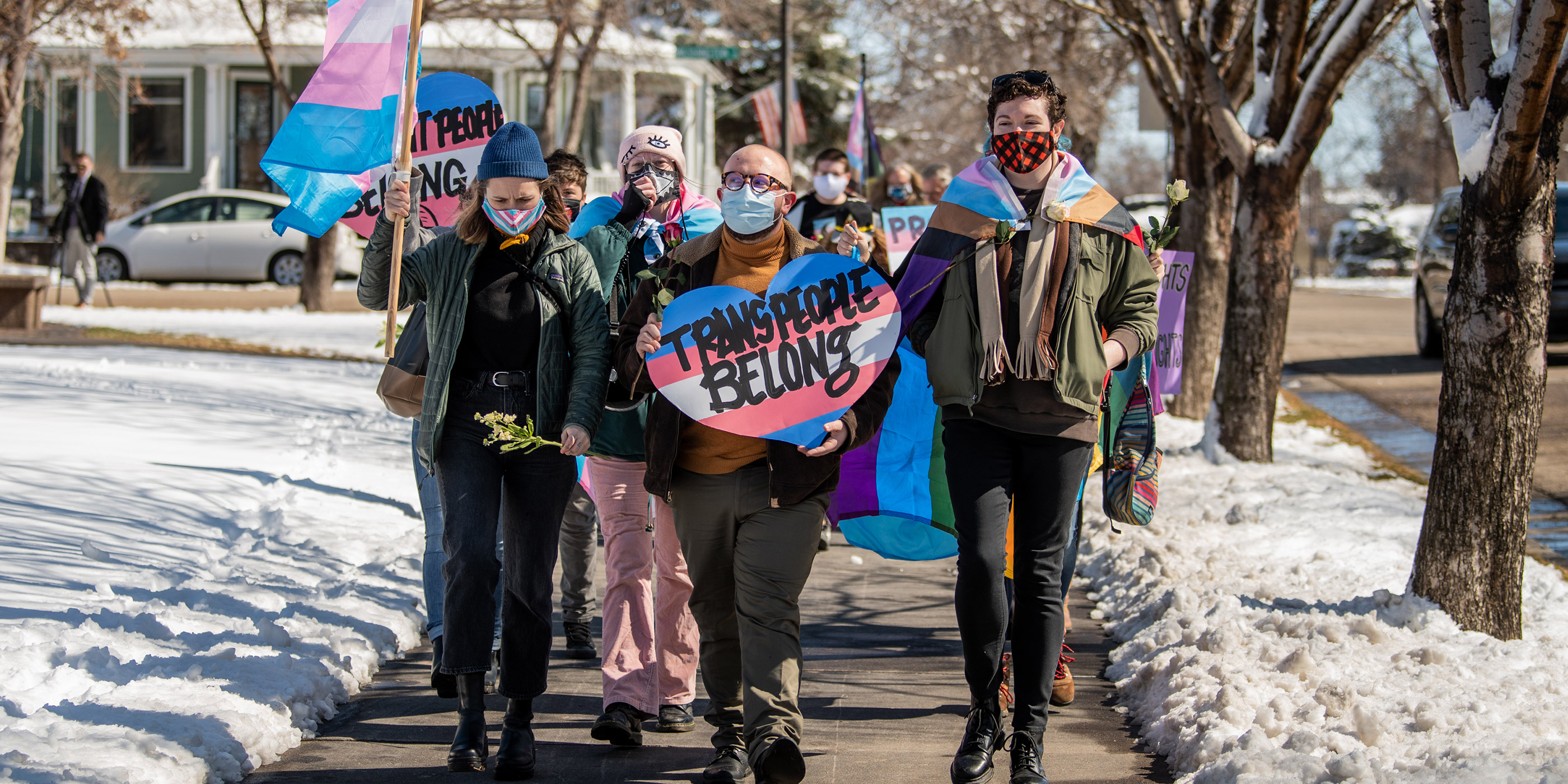
Credit: Greg Latza
Jan. 20:
President Biden signed 17 executive orders on his first day in office, many upturning discriminatory Trump-era policies. Among them was an order making it clear that LGBTQ people are protected from discrimination.
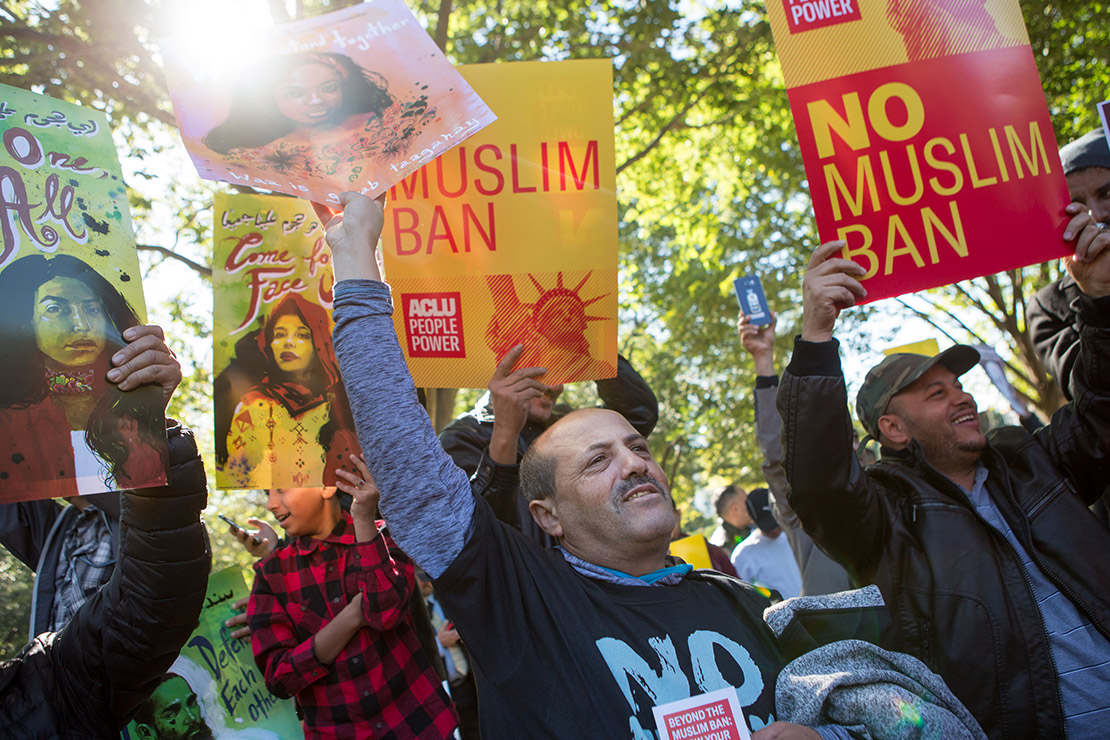
Credit: Allison Shelley
Other
addressed
anti-immigrant policies
, including commitments to reunite families, restore the asylum system, and an order rescinding the
and subsequent bans targeting people from African countries. However, the orders did not apply to
who were denied visas under the bans after winning the
visa “lottery.” Those who won diversity visas prior to Jan. 20, 2020, must submit a new application and fee to reapply.
February
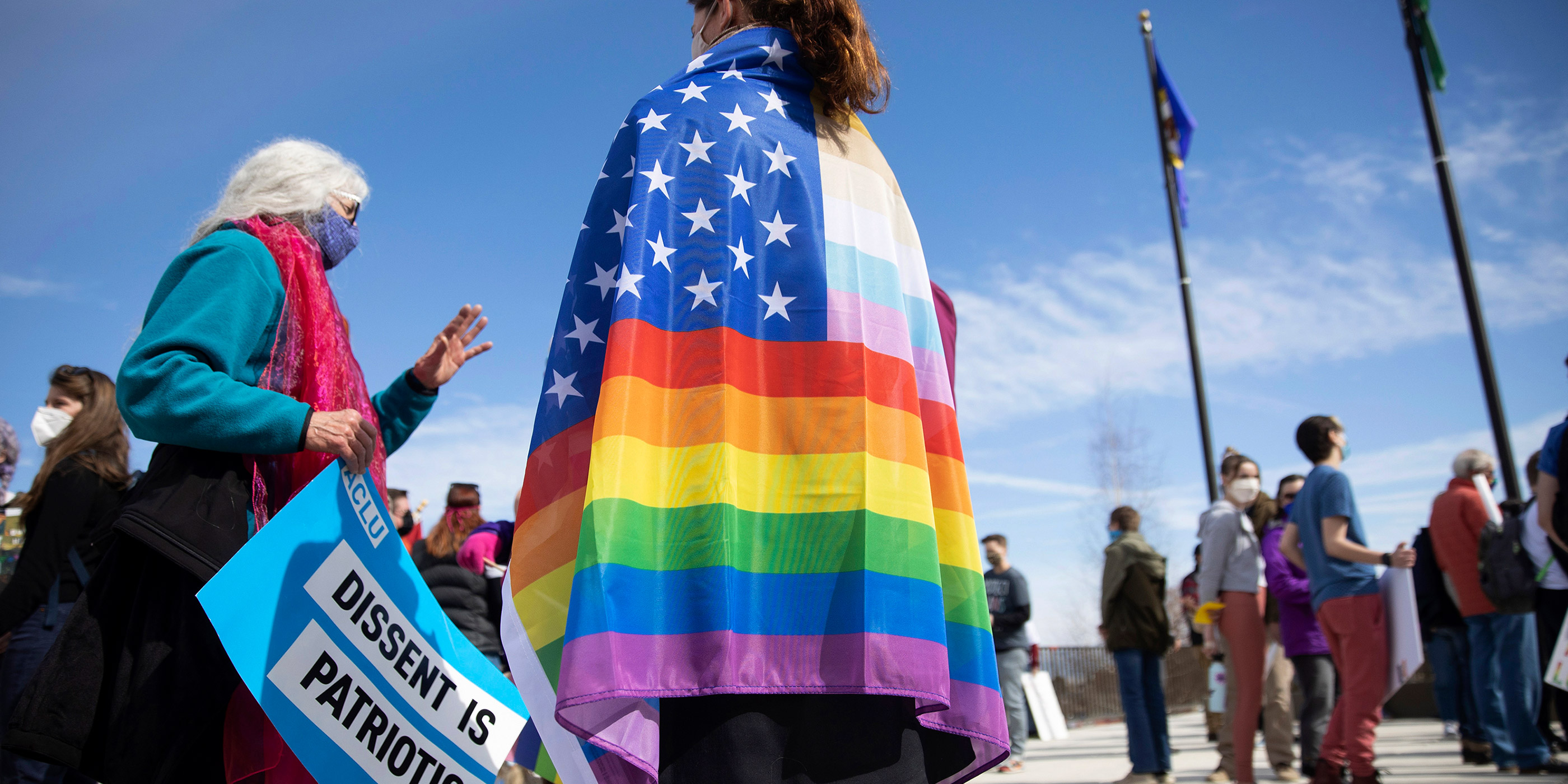
Credit: Janie Osbourne
Feb. 18 and Feb. 25:
The House reintroduced and voted to pass the
Equality Act
, which would codify last year’s decision in
Bostock v. Clayton County
by adding explicit protections for LGBTQ people throughout federal law. The bill would also update our federal civil rights laws to address modern forms of discrimination, including against all women, people of color, and LGBTQ people in areas such as transportation, retail spaces, and taxpayer-funded programs. The bill must now
to become law.
Feb. 9:
The ACLU launched the
striving to dismantle systems deeply rooted in racist policies, practices, and attitudes that harm Black, Indigenous, and other people of color. The Systemic Equality agenda includes specific policy asks of the Biden-Harris administration and Congress that will advance societal equity for and empower the civic participation of Black, Indigenous, and other people of color, close the racial wealth gap, and seek reconciliation for our racist past.
March
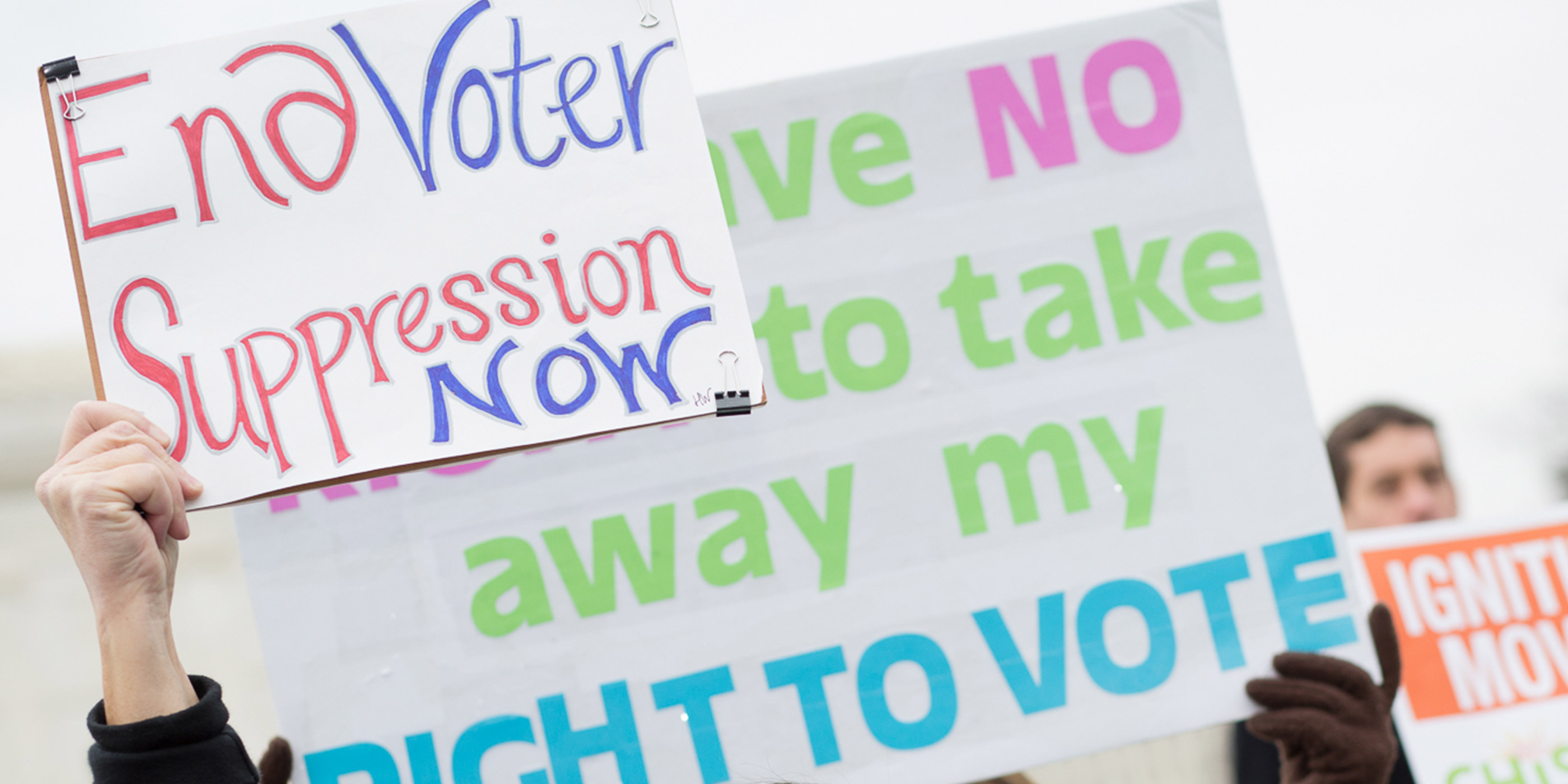
Credit: Michelle Frankfurter
Mar. 30:
The ACLU joined other civil rights groups in
a new federal lawsuit against
Georgia’s sweeping voter suppression law
making it harder to vote, particularly for voters of color and voters with disabilities.
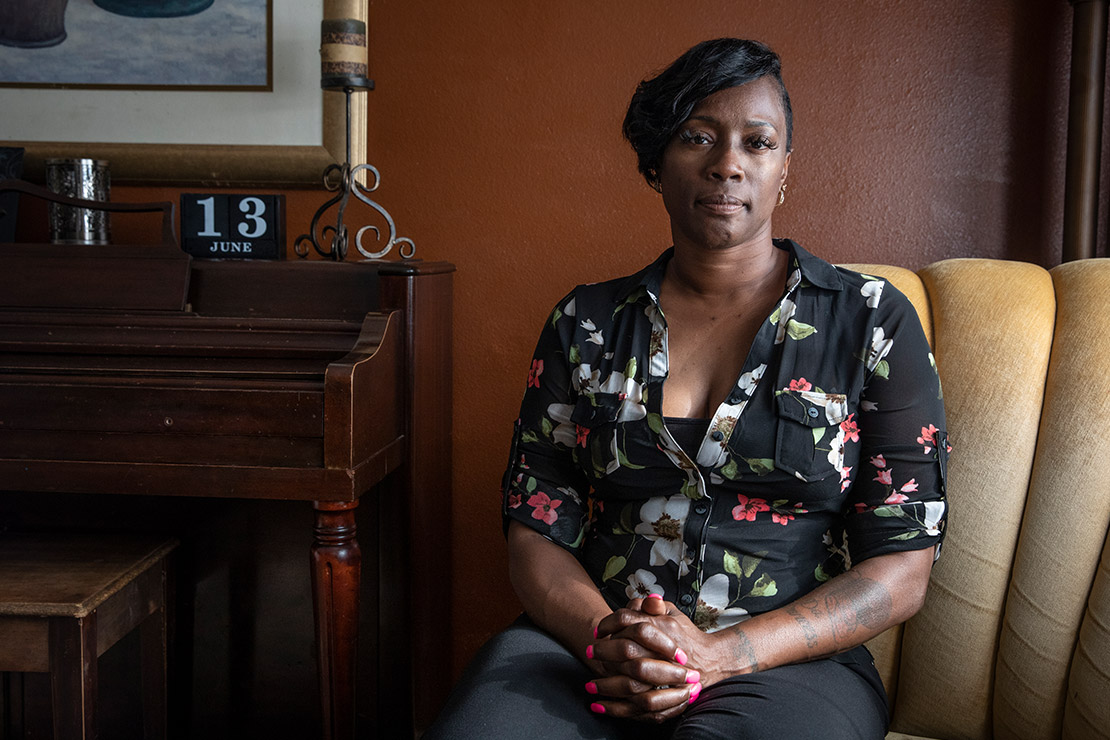
Credit: ACLU
Mar. 31:
A Texas court granted review of the case of
, a Black mother of three who was sentenced to five years in prison for filling out a provisional ballot that was never counted in the 2016 election.
“This has been a long journey, but I never gave up faith,” said Mason, who is challenging her conviction. “I’m hopeful that the judges will understand that any Texan, like me, who at most unknowingly makes an innocent mistake, should not be punished for it.”
April
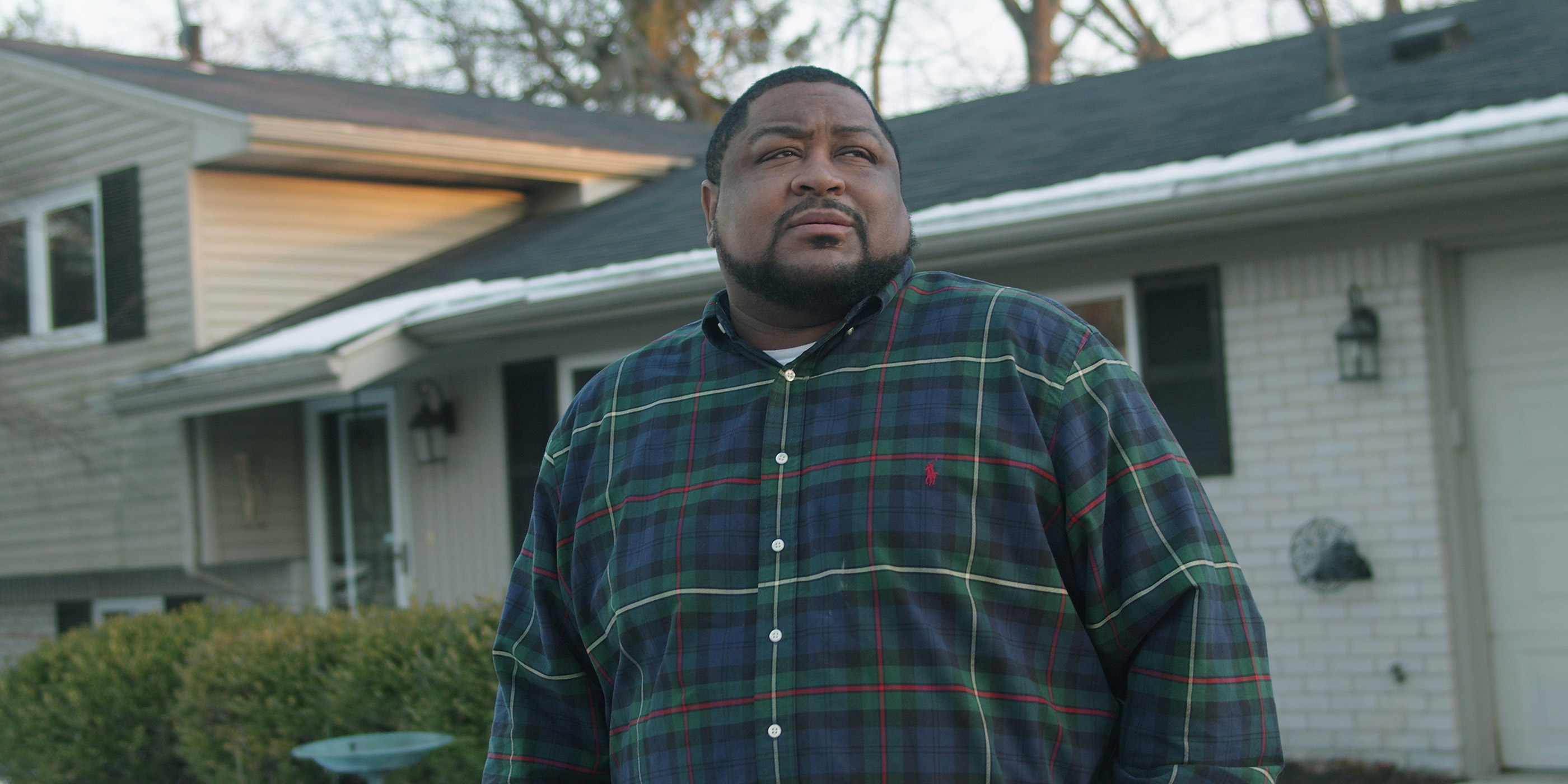
Credit: ACLU
April 13:
The ACLU and partners
a federal lawsuit seeking damages on behalf of
, a Black man who was wrongfully arrested by Detroit police based on a
faulty face recognition match
. Face recognition technology
against people of color and people from other marginalized communities, who are more likely to be misidentified and targeted as a result.
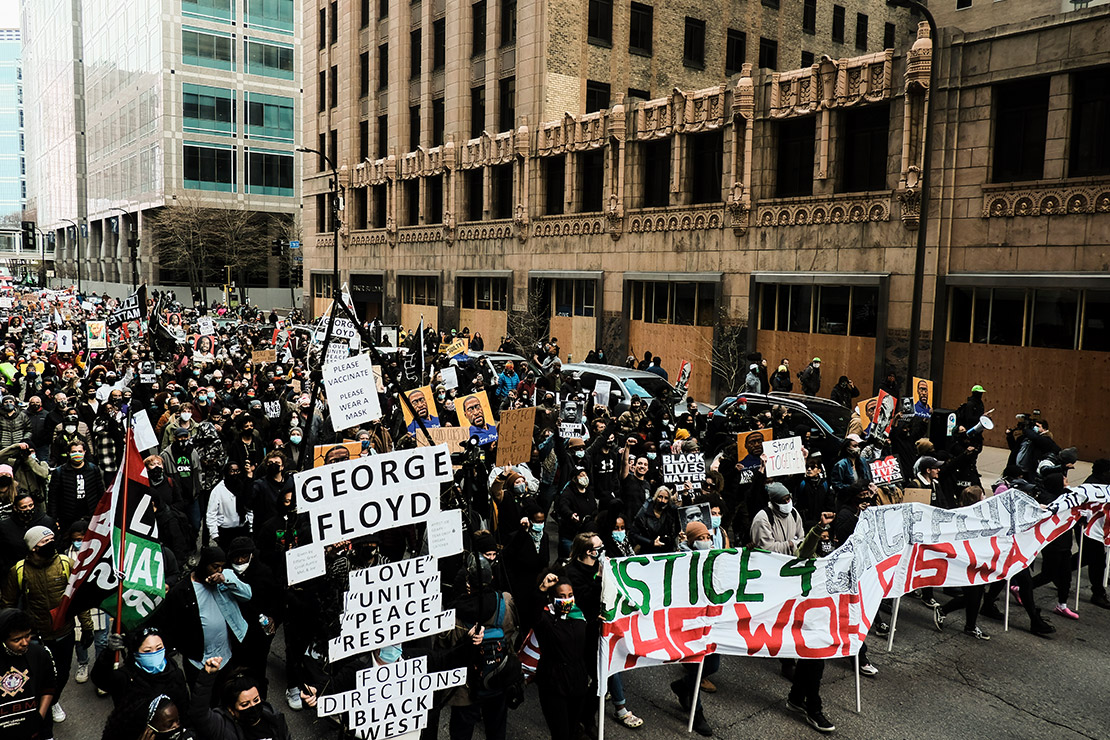
Credit: ACLU
April 20:
A jury
former Minneapolis police officer
Derek Chauvin guilty
on all charges in the
murder of George Floyd
. The verdict is a step forward in the fight for police accountability and may help heal a grieving community — but the systems that allowed a police officer to murder Floyd, ripping him away from his family and the communities that loved him so much, remain fully intact. Just days earlier, 20-year-old
Daunte Wright
became another Black victim of a police shooting when he was
during a traffic stop for air fresheners hanging in his rearview mirror.
May

Credit: ACLU
May 25:
The ACLU
a lawsuit
an Arkansas law that bans
gender-affirming care for trans youth
. This is the first — and currently only — law in the nation to ban gender-affirming health care for minors, and is one of hundreds of anti-trans bills introduced or passed in state legislatures in 2021 and 2020.
May 17:
The ACLU and partners challenge two new Montana laws that hinder Native American participation in the state’s electoral process. The first, HB 176, ends same-day registration, which reservation voters have relied upon since 2005, and the second, HB 530, blocks organized ballot collection on rural reservations.
May 28:
The ACLU commemorates the
100th anniversary of the Tulsa race massacre
of 1921, when a white mob of several thousand
up to 300 Black residents and destroyed almost every Black business, church, and home in a 35-square-block neighborhood.
June
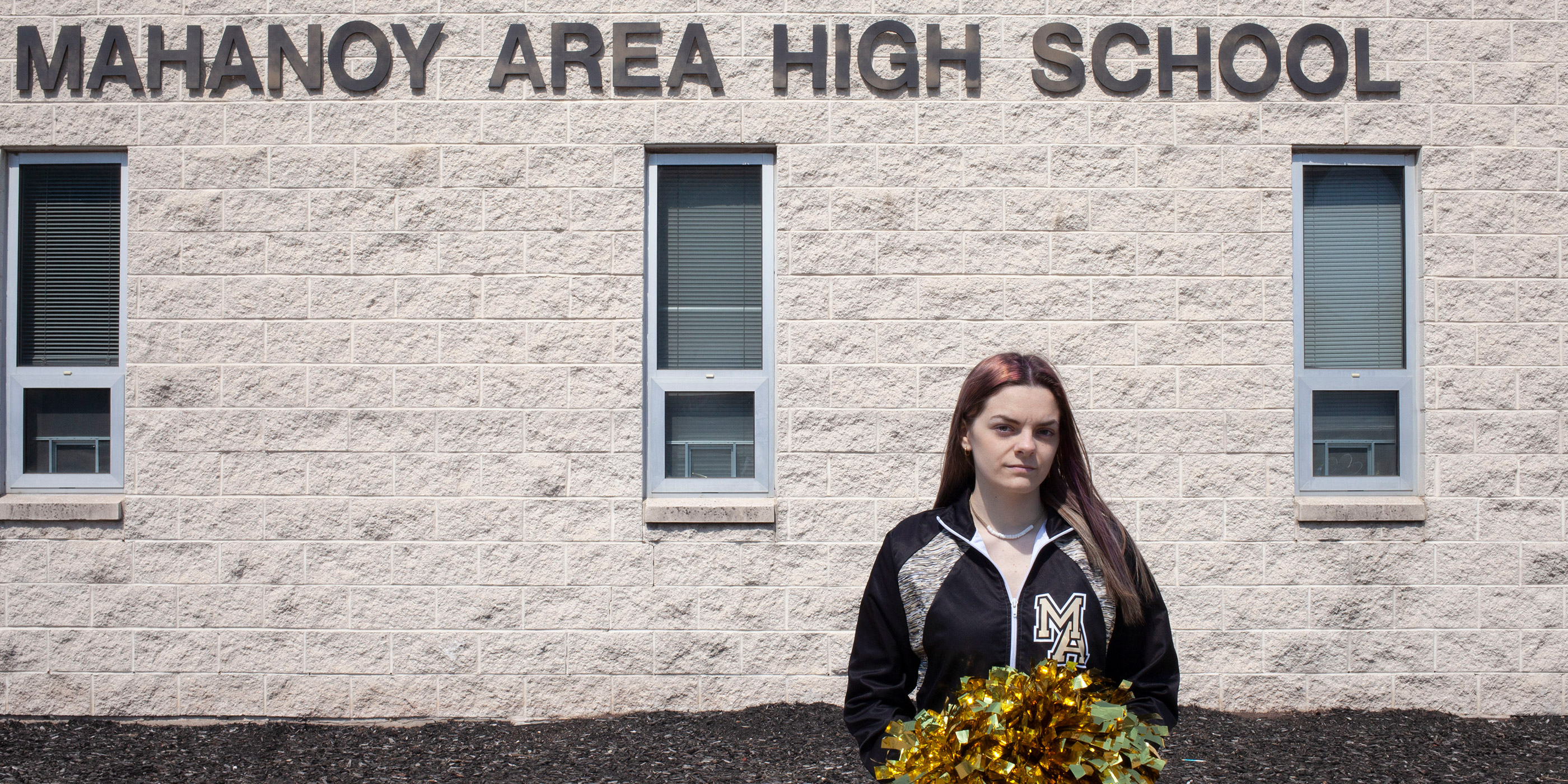
Credit: Danna Singer
June 23:
The Supreme Court
reaffirmed the importance of free speech rights of young people
and students by
that school authorities must respect students' rights to express themselves outside of school, including their right to express dissenting or unpopular views. The case involved Brandi Levy, who was removed from the junior varsity cheerleading team at Mahanoy Area High School in 2017 after she posted a “snap” on Snapchat with a photo of her and a friend with their middle fingers extended accompanied by the text “fuck school fuck softball fuck cheer fuck everything.”
June 17:
The Supreme Court again
to rule that the Constitution protects a license to discriminate. The case involved Catholic Social Services, a taxpayer-funded foster care agency, which had sued Philadelphia claiming a constitutional right to discriminate against qualified same-sex parent families because of a religious objection. The ruling means other taxpayer-funded government programs such as homeless shelters, disaster relief programs, and health care should continue to ensure that LGBTQ individuals have equal access to necessary social services.
June 23:
The launch of a new
provides for the first time an in-depth, nationwide examination of Immigration and Customs Enforcement’s abuse and retaliation against people who initiate
hunger strikes in U.S. immigration detention
to protest their conditions of confinement.
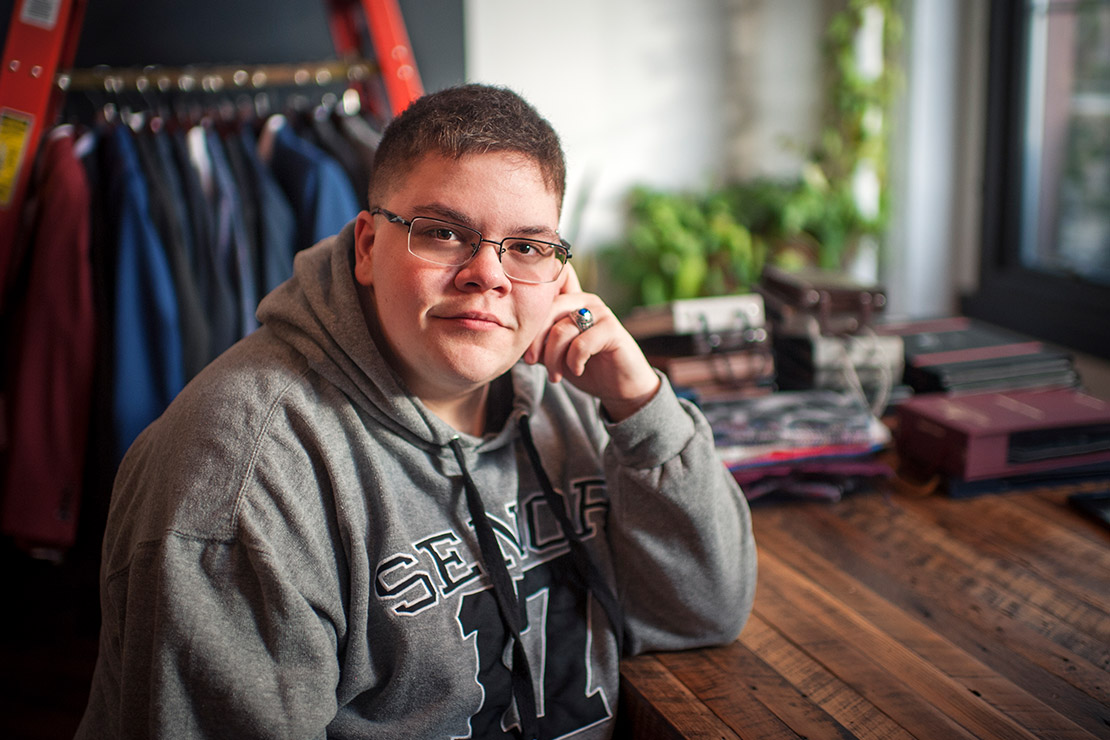
Credit: Scout Tufankjian
June 28:
The Supreme Court declines to hear
Grimm v. Gloucester County School Board
, allowing lower court decisions in support of transgender students to stand.
In 2020, two lower courts ruled in favor of Gavin Grimm, a high school student who
his school board for excluding him the restrooms any other boy in his school would use — simply because he is transgender.
June 30:
After years of advocacy by transgender, non-binary, and intersex people, the Biden administration
that the Department of State will begin to issue
passports with an “X” gender marker
without requiring medical documentation.
July
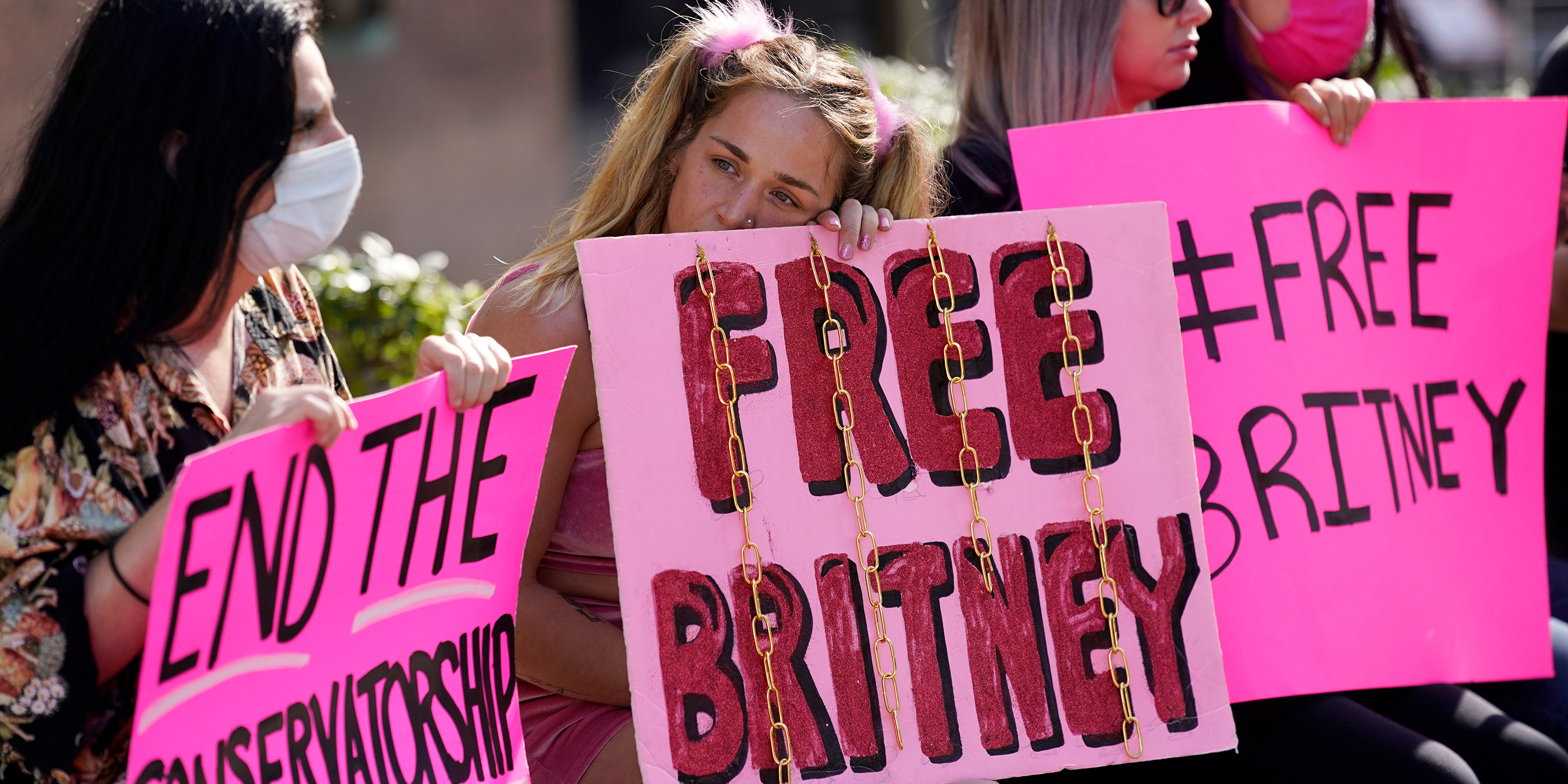
Credit: Chris Pizzello/AP Images
July 13:
Along with a coalition of 25 civil rights and disability rights organizations, the ACLU and ACLU of Southern California filed an
in support of
Britney Spears’ right to select her own attorney for her conservatorship proceedings
, and urging the court to ensure Spears has access to assistance and tools, including supported decision-making, to make this choice.
On the same day, the ACLU, Texas abortion providers, and other partners file a
to
block SB 8, Texas’ radical new abortion law
that bans abortions as early as six weeks of pregnancy and includes an unprecedented provision that asks private individuals — including anti-abortion protestors with no connection to the patient — to file lawsuits seeking “enforcement” of the ban. Since going into effect, the law has harmed millions of Texans as it
to be challenged in court.
August
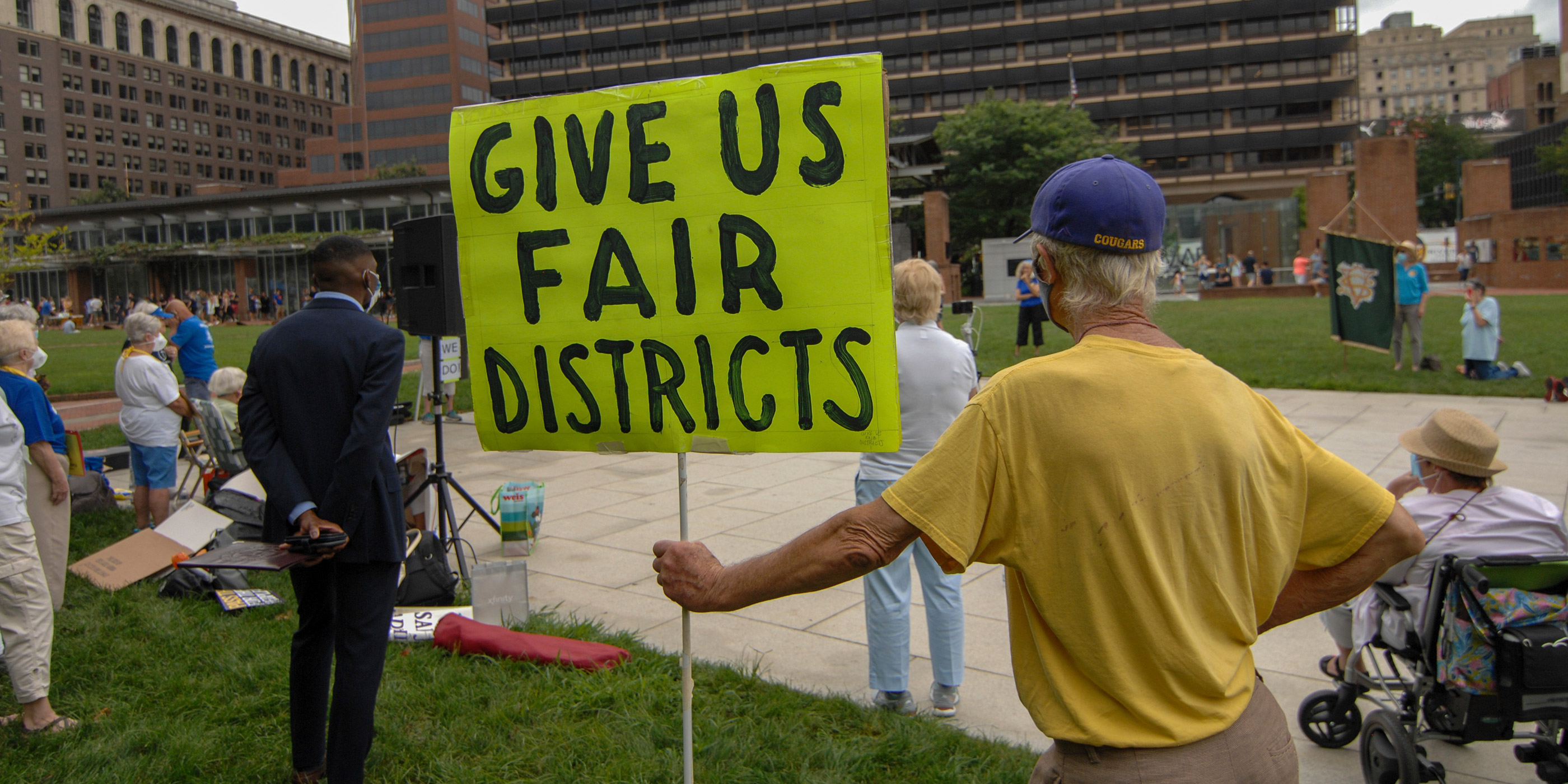
Credit: Cory Clark/NurPhoto via AP Images
Aug. 12:
The U.S. Census Bureau
census population data for redistricting
, the redrawing of electoral district boundaries across the country. These boundaries determine representation in Congress, state legislatures, and many county and municipal offices. Politicians often use redistricting for gerrymandering, a practice that undermines democracy by manipulating the outcome of elections. In the following months, the ACLU joined other civil rights groups in filing lawsuits against states for gerrymandering in
,
,
.
Aug. 9:
A federal appeals court ruled that Title IX, the federal law banning sex discrimination in schools,
discriminatory dress codes
but that this federal law doesn’t apply to public charter schools in a case involving a K-8 public charter school that requires girls to wear skirts as a condition of attending school.
On Dec. 10, we went back to the federal appeals court and asked them to rule that federal laws like Title IX apply to public charter schools.
September
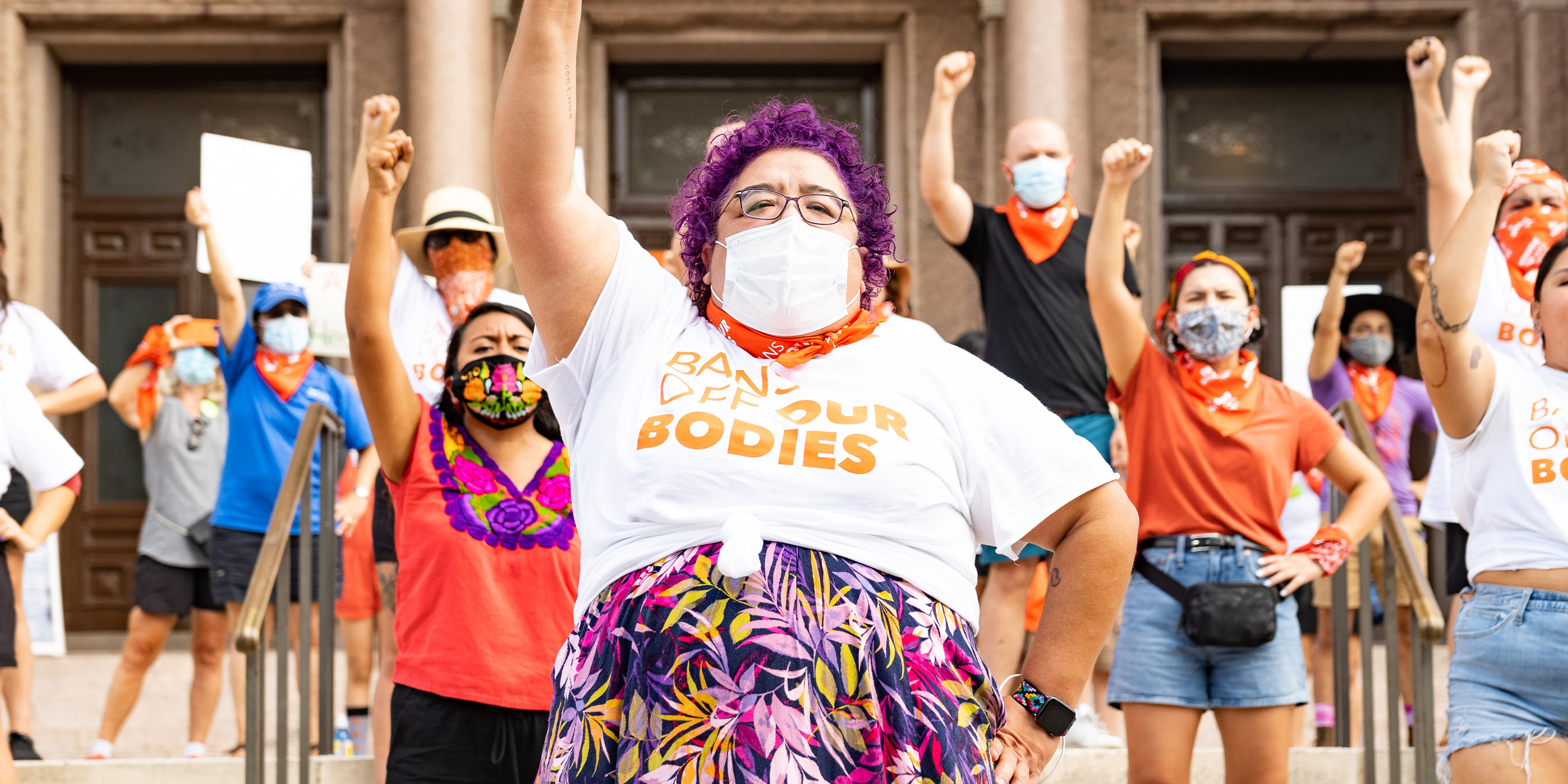
Credit: Ismael Quintanilla
Sept. 1:
Texas’ radical new abortion ban went into effect.
The law, known as SB 8, is a stark example of what’s at stake in the nationwide fight for reproductive freedom, and its impact could spread to millions more nationwide if other states follow suit with
.
Sept. 3. and Sept 28:
A federal district court
blocked Iowa’s law prohibiting schools from requiring masks
. The court
that the law violates the civil rights of children with disabilities, including children with underlying conditions, who are more vulnerable to severe illness or death as a result of COVID-19. Later in the month,
South Carolina's ban on mask mandates in schools
was also
by a federal district court.
Sept. 11:
On the
20th anniversary of 9/11
, the ACLU commemorated victims, families, and all those impacted by the tragic attacks and outlined a
to ending unconstitutional policies enacted in its aftermath, such as closing Guantanamo and ending corrosive, suspicionless, post-9/11 security surveillance.
October
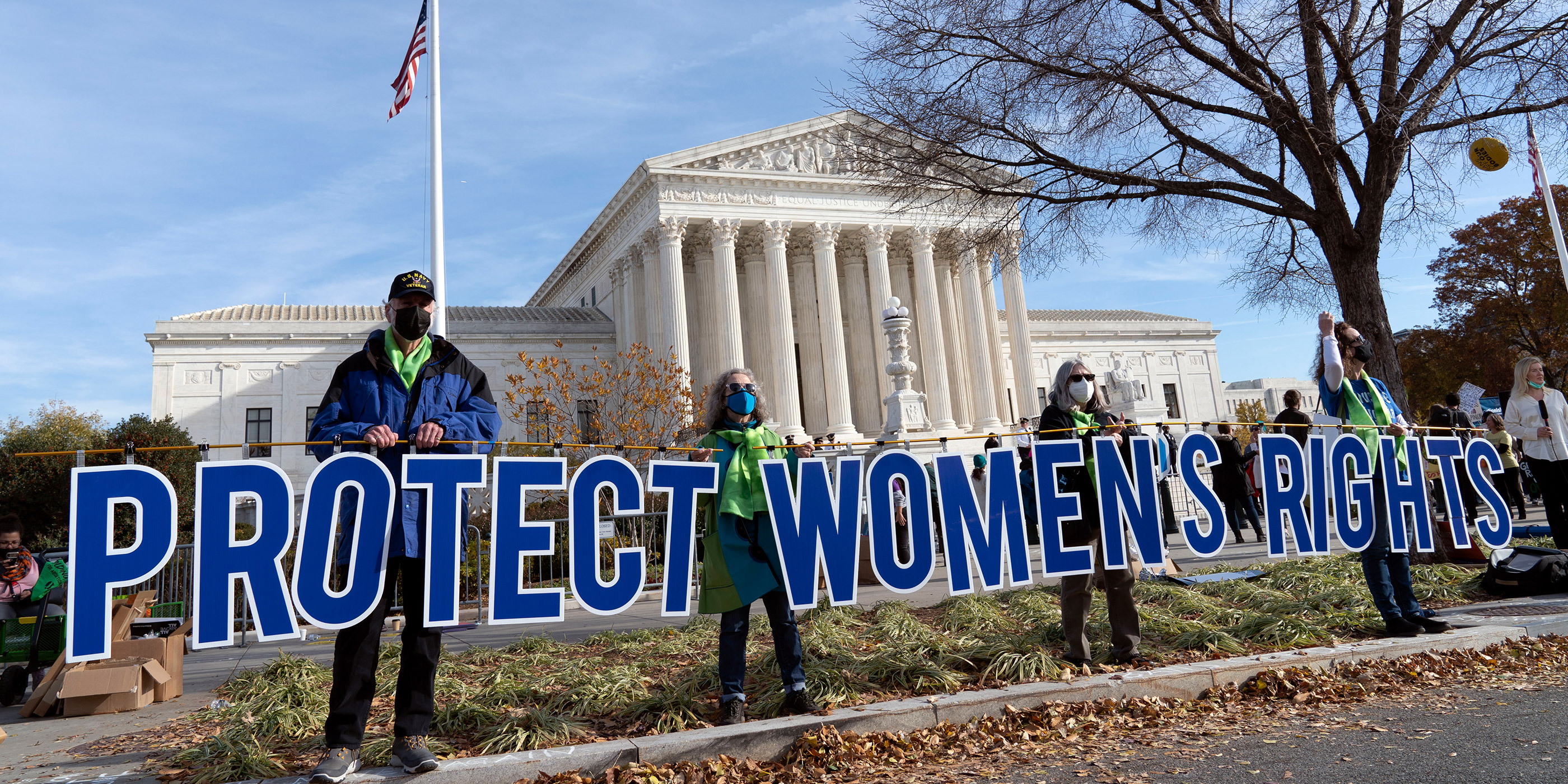
Credit: Jose Luis Magana/ AP Images
Oct 12:
The Supreme Court heard
in a case about Kentucky Attorney General Daniel Cameron’s last-minute effort to intervene in a case challenging a
Kentucky abortion ban
that had already declared unconstitutional by two courts. The case is one of several abortion ones that the court will decide this term
Oct. 15:
Mastercard’s new policy regulating adult content sellers
went into
. The policy makes it harder for sex workers to do business online and makes sex workers more vulnerable, especially those who are trans women of color.

Credit: AJ Stegall
Oct. 19:
A diverse group of students and educators filed a lawsuit
an Oklahoma classroom censorship bill, HB 1775, which severely restricts public school teachers and students from
learning and talking about race and gender in the classroom
.The bill is one of several classroom censorship bills being introduced and passed in state legislatures, including in
,
,
, and
, among
November
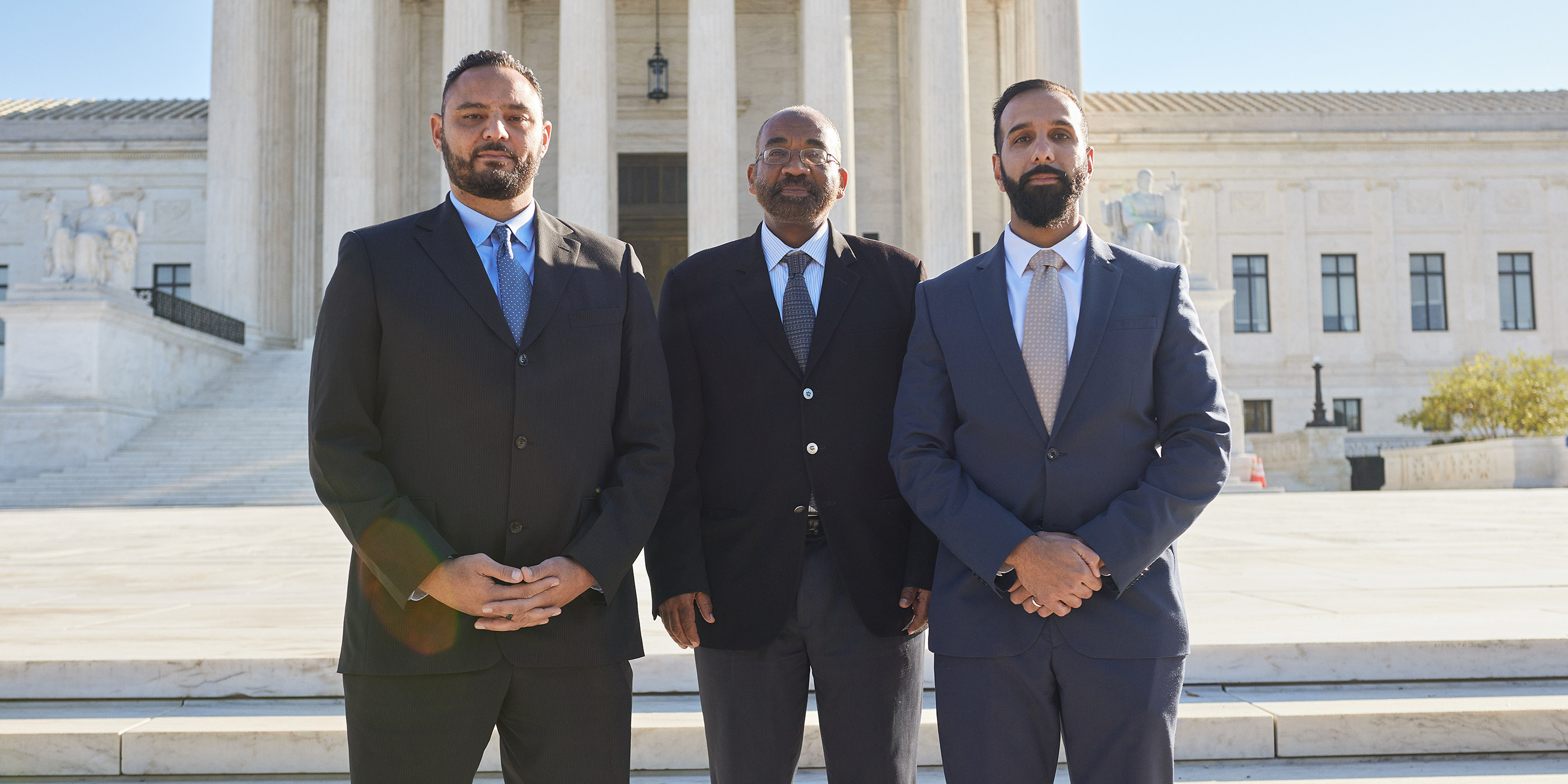
Credit: Credit: Will Martinez
Nov. 8:
The Supreme Court heard
in a case about the
FBI’s practice of unlawfully targeting Muslim Americans
in violation of their constitutional rights to religious freedom and privacy. The FBI attempted to stop the litigation of the plaintiffs’ religious discrimination claims using a post-9/11 “state secrets” loophole frequently abused by the government to escape accountability.
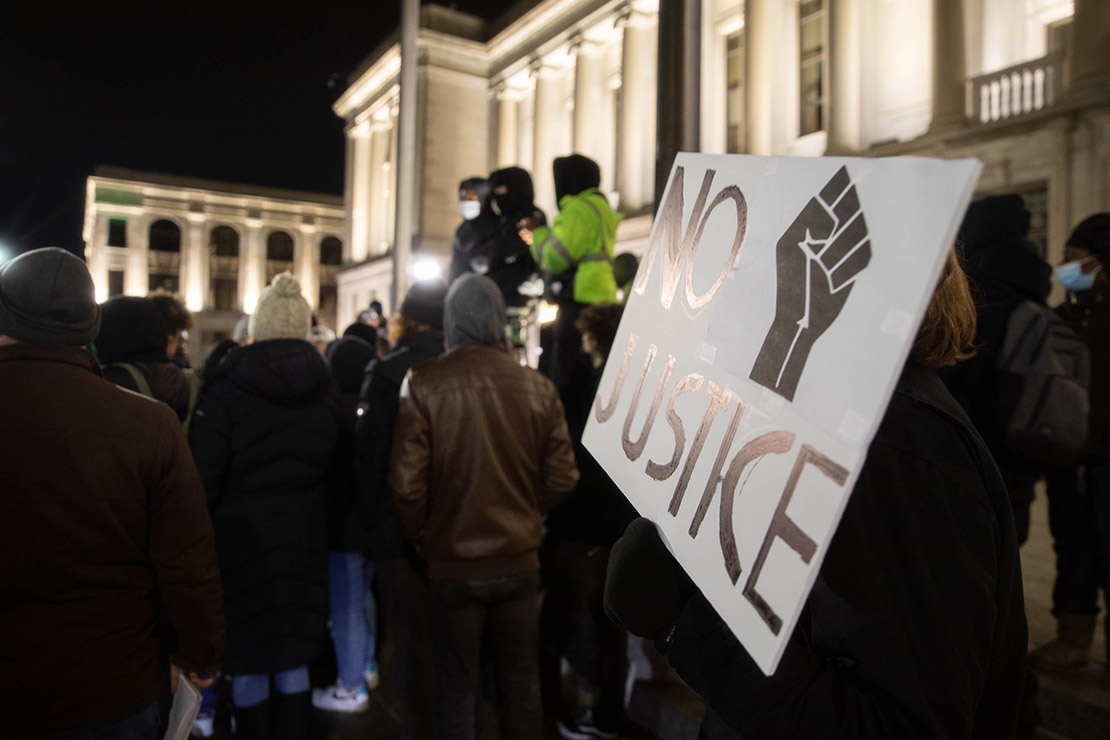
Credit: Jesus Montero
Nov. 19:
A jury found
Kyle Rittenhouse not guilty
of the fatal shooting of two protestors and injuring of another in last year’s demonstrations following the shooting of Jacob Blake by a Kenosha Police Department officer. This decision and the events in Kenosha stem from the deep roots of white supremacy in our society’s institutions. Rittenhouse
isn’t the only one responsible
for the deaths that night. They underscore that the police do not protect communities of color in the same way they do white people.
Nov. 24:
Travis McMichael, Greg McMichael, and William “Roddie” Bryan were
of murder in the
fatal shooting of Ahmaud Arbery
, an unarmed Black man killed by two white civilians while jogging in broad daylight. Arbery’s murder — along with those of George Floyd, Breonna Taylor, and so many others — have forced a reckoning with a long history of racialized terror in America.
December
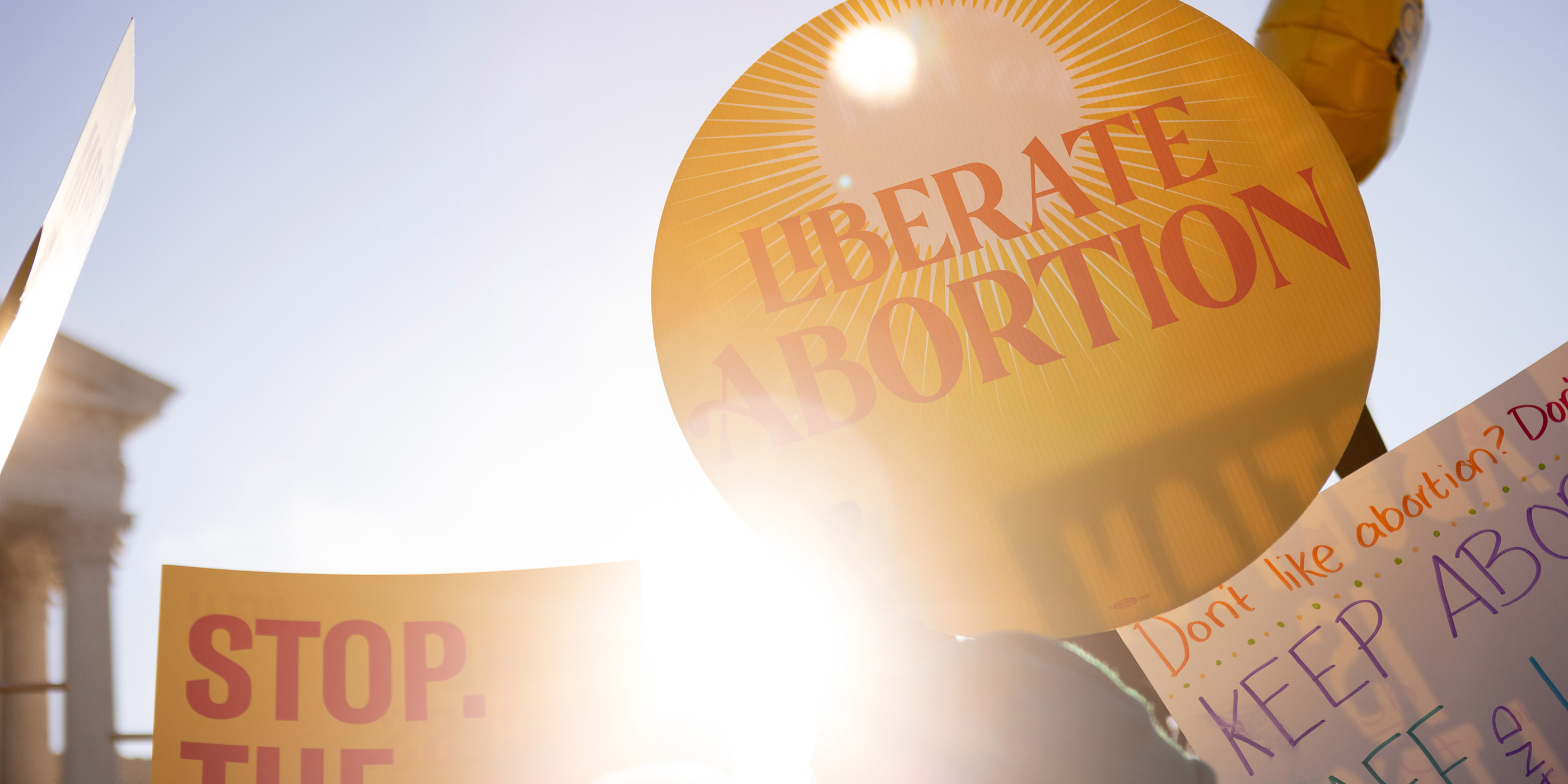
Credit: Allison Shelley
Dec. 1:
The Supreme Court heard arguments in a
Mississippi abortion case challenging
Roe v. Wade.
At question is a Mississippi law that prohibits nearly all abortions after 15 weeks of pregnancy — one of many attacks on reproductive freedom at the Supreme Court this term.
Jennifer Dalven, director of the ACLU’s Reproductive Freedom Project, joined the At Liberty podcast to discuss what we heard in the oral arguments and what we can do moving forward.
Dec 2:
The Biden administration, citing a court order,
it will soon
restart the Trump-era Migrant Protection Protocols
(MPP), more commonly known as the “Remain in Mexico” policy, under which people seeking asylum are forced to wait in Mexico while their asylum claims are pending in the U.S. MPP is widely recognized by advocates and experts as a humanitarian catastrophe designed to deter people from seeking asylum by trapping them in miserable and dangerous conditions.
Dec. 16:
The U.S. Food and Drug Administration (FDA)
patients can more easily obtain
mifepristone, a drug used in early abortion and miscarriage care
, through the mail, removing a medically unnecessary rule that previously required the drug to be dispensed in person at a medical facility. The announcement came in response to a
filed in 2017 by the ACLU on behalf of abortion providers and medical groups.



